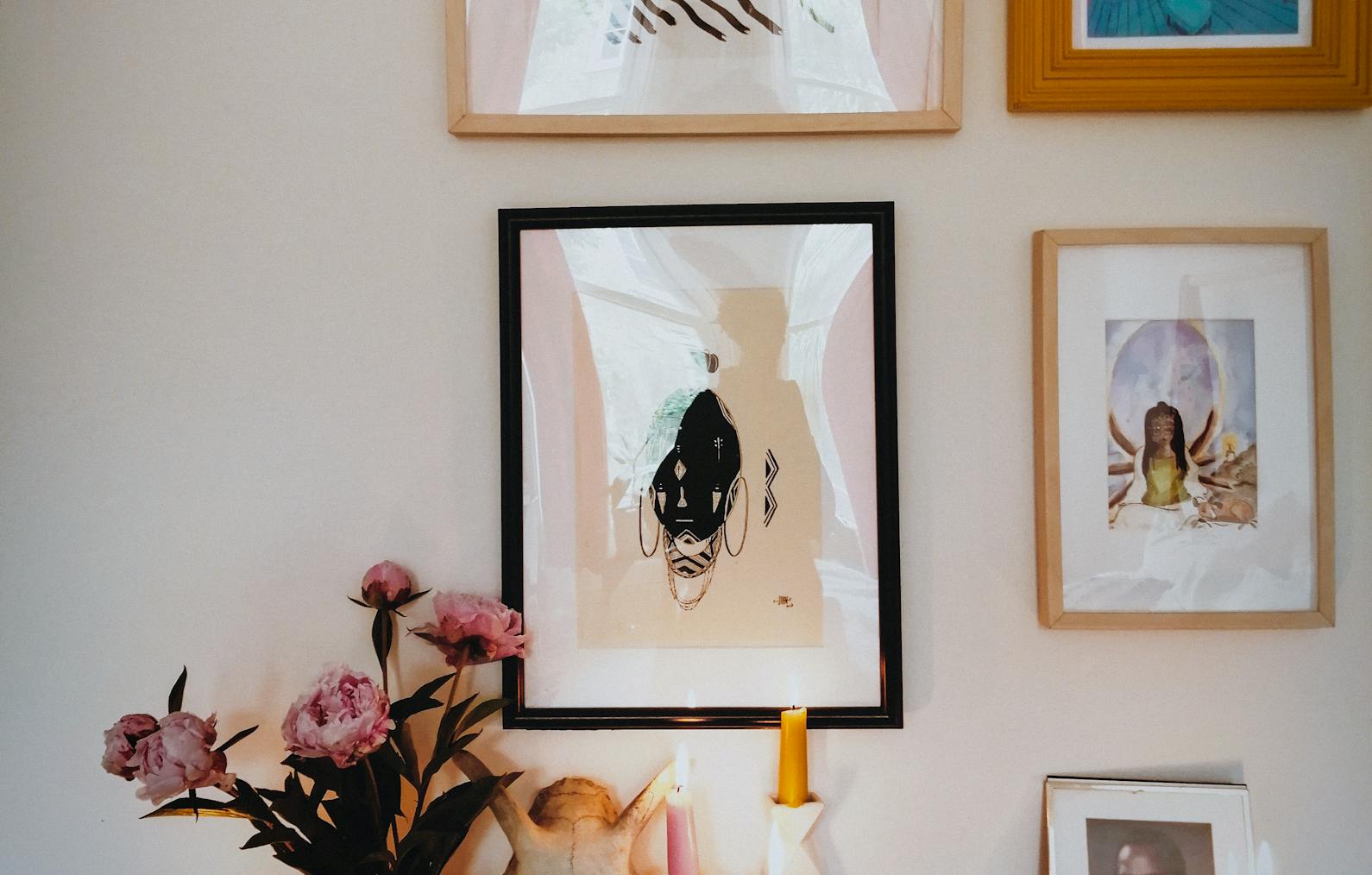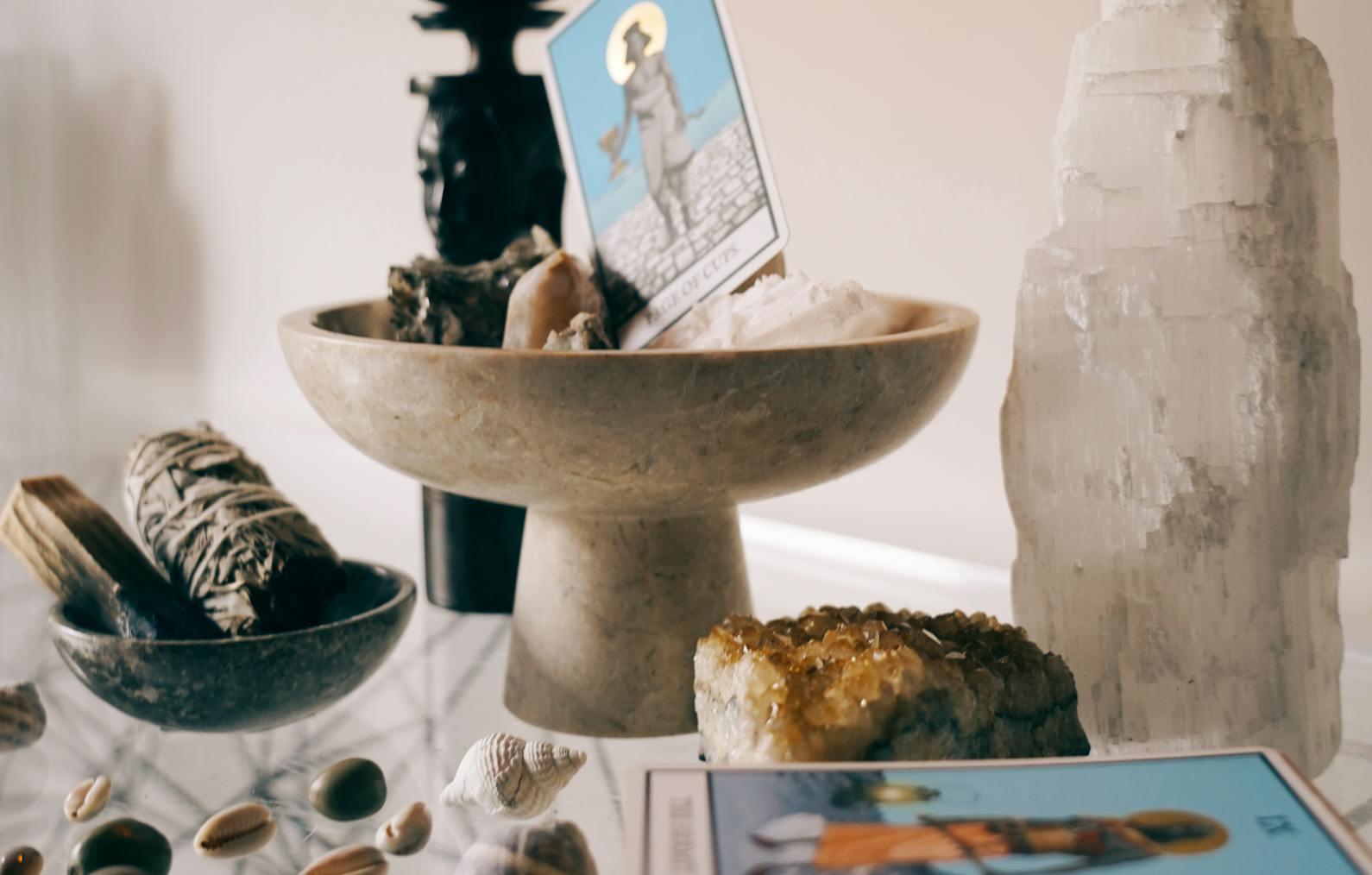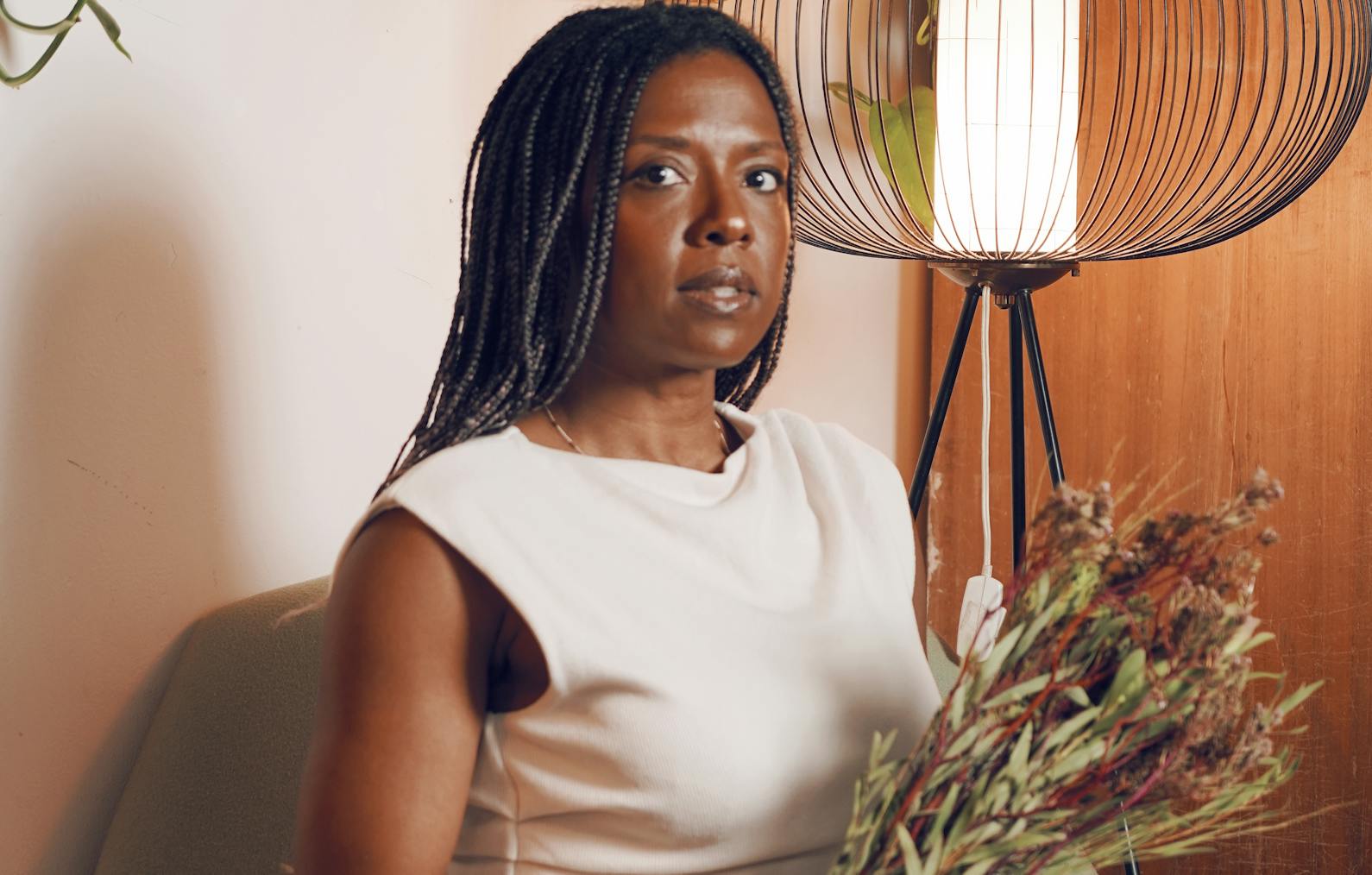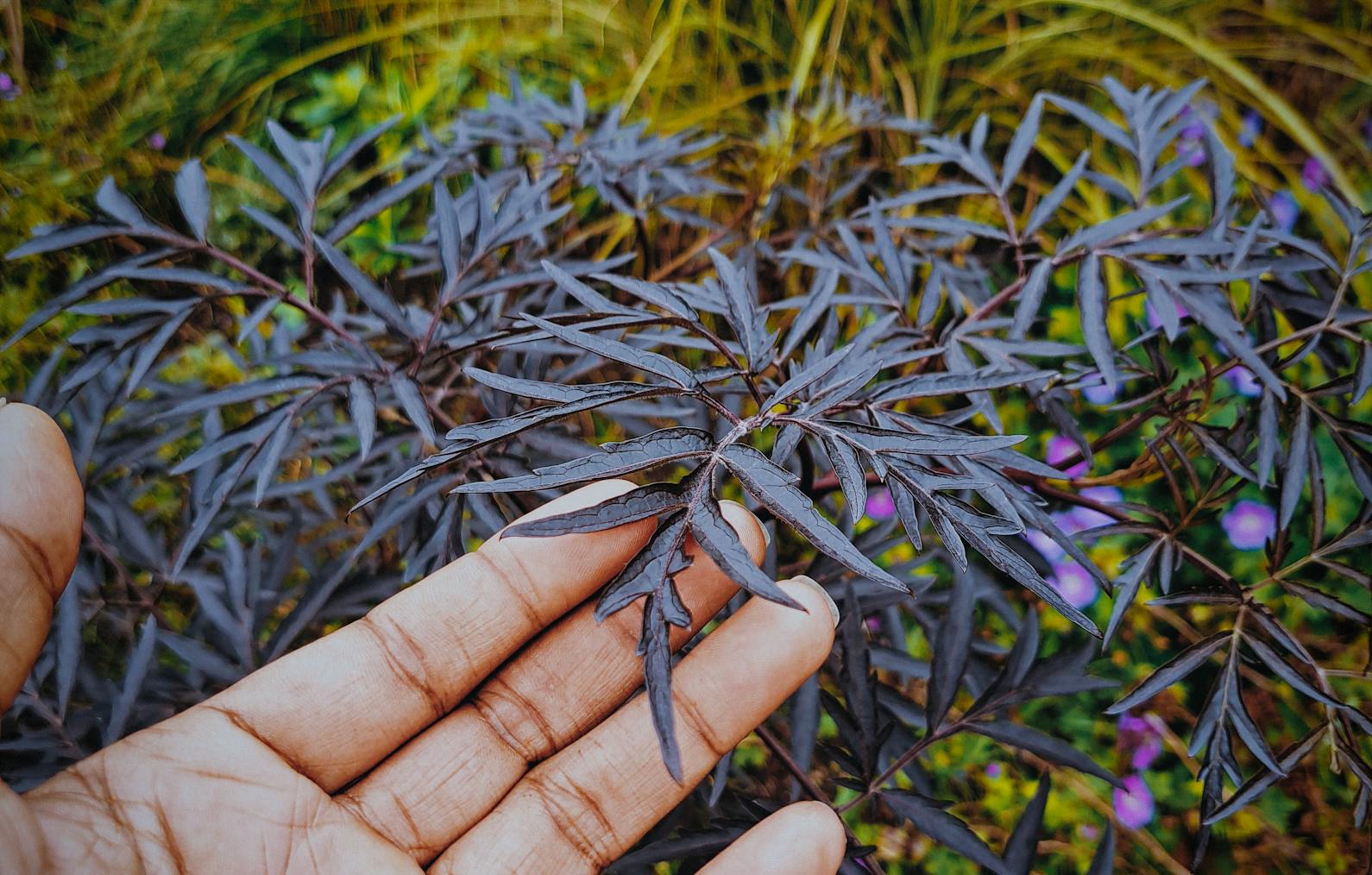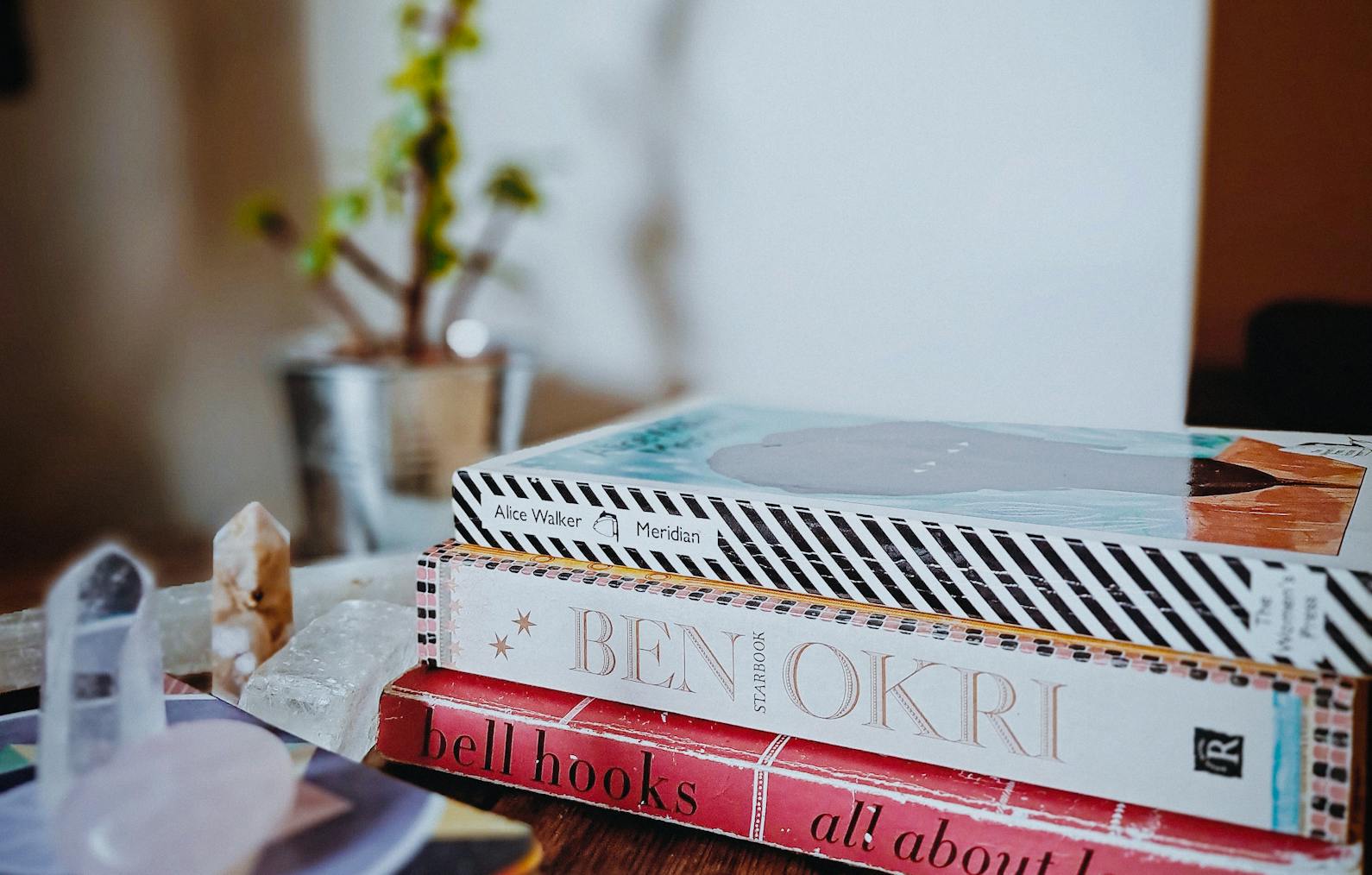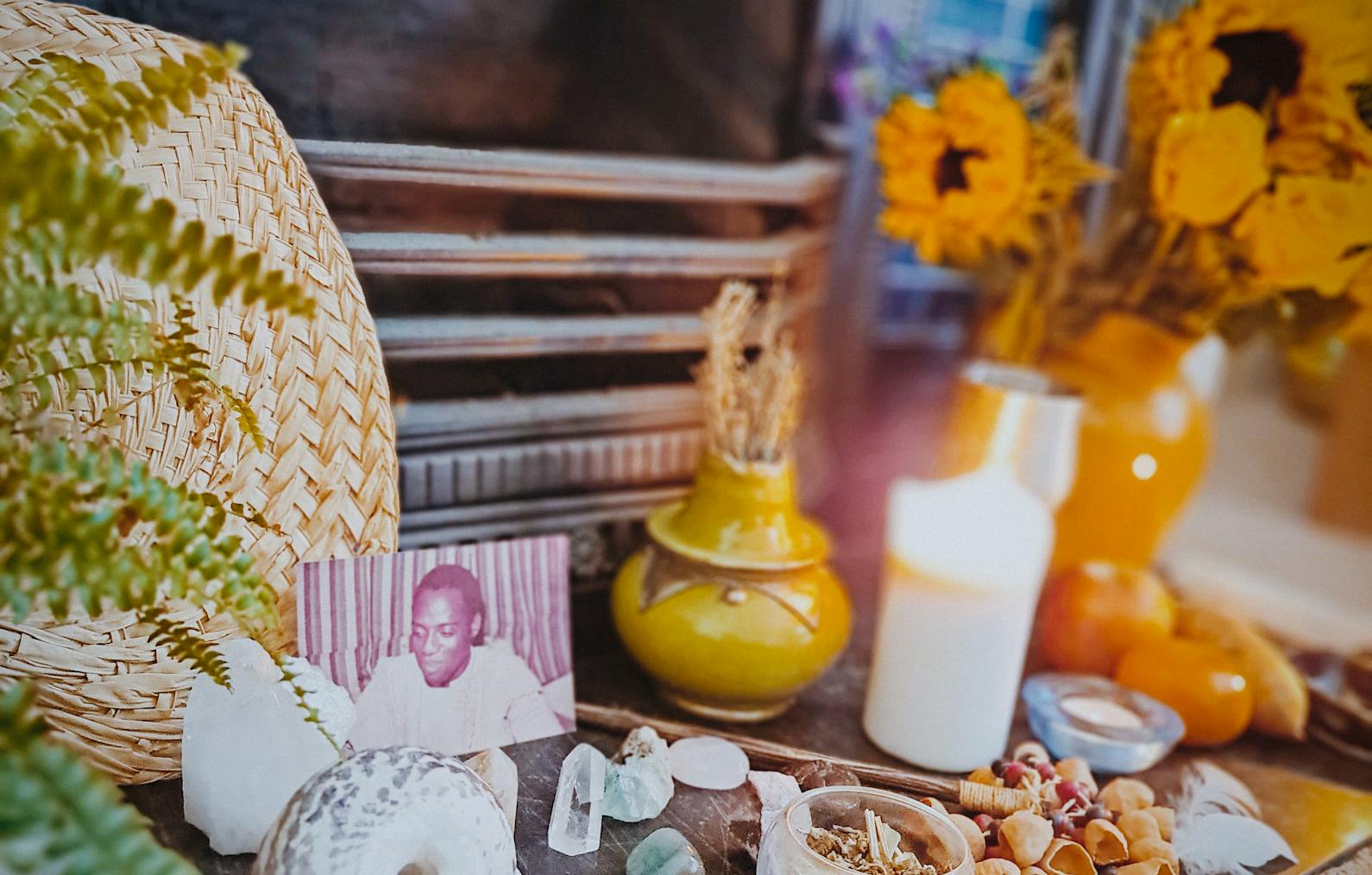Psychedelic Guide
United Kingdom
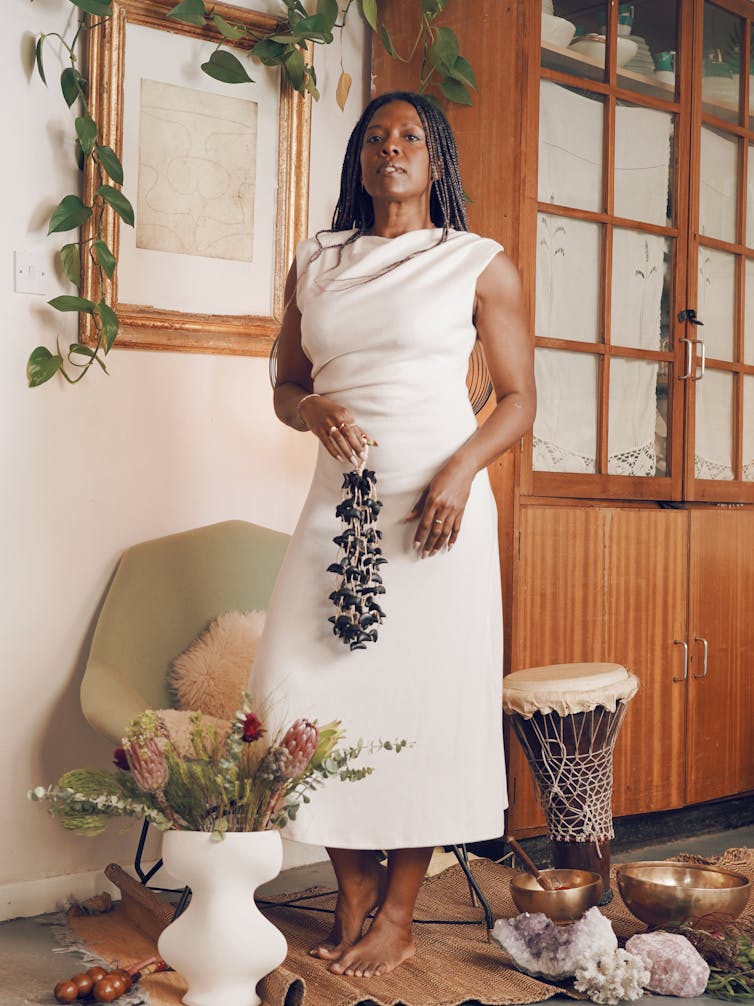
"The beauty about these medicines is that they have the capacity to support us in reconnecting to lost parts of ourselves. Finding love and joy in that reconnection can bring so much healing forward."
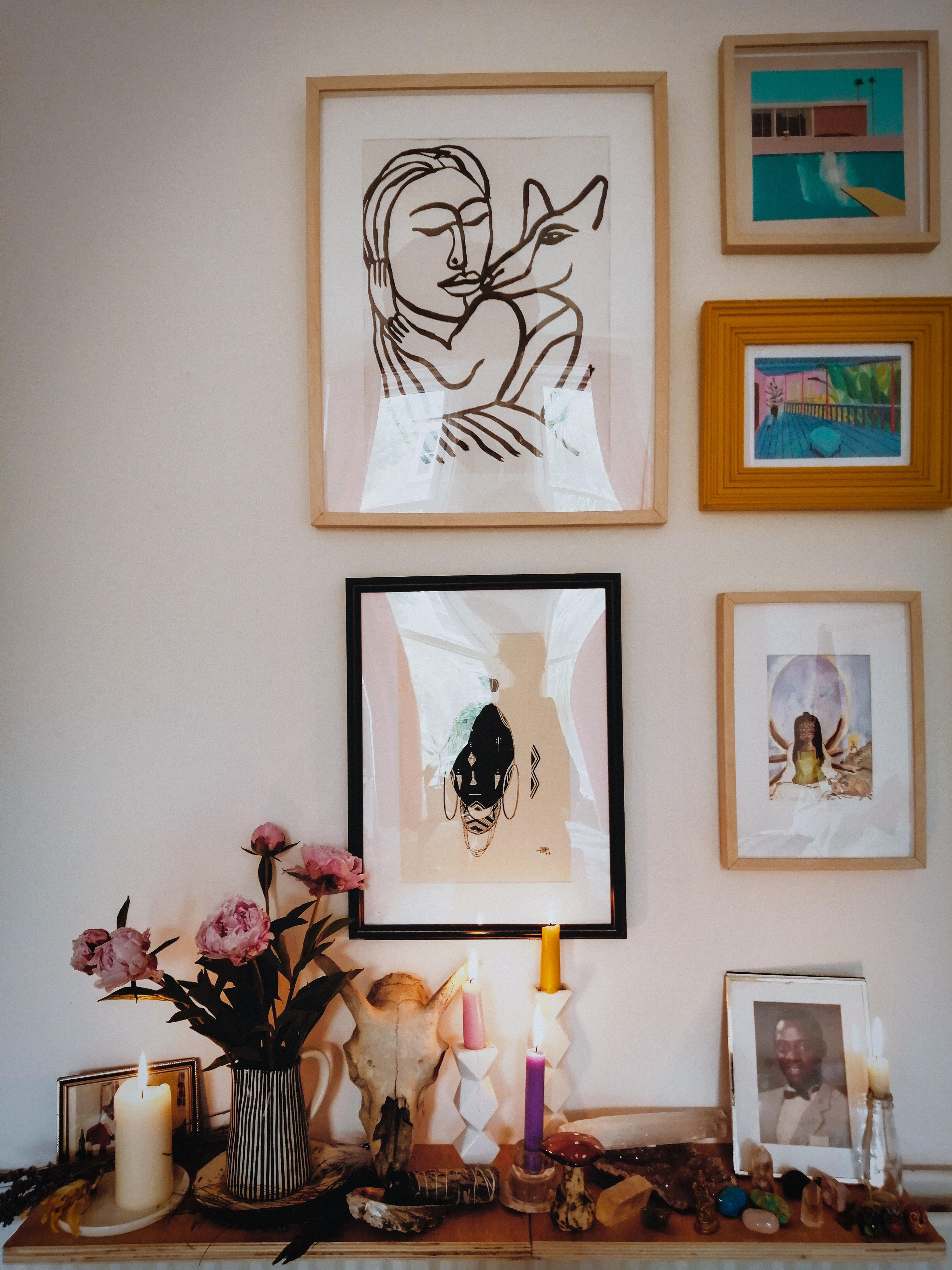
What is your primary offering at the moment?
My offerings are quite multifaceted. I am an educator, a writer, a coach and a sacred medicine facilitator or space holder essentially. My offerings include psychedelic medicine integration coaching, spiritual life coaching, divination therapy (Tarot therapy) and workshops on decolonizing healing.
What are people coming to you for?
Folks are often coming to me because they're curious about psychedelic medicine, often they are hesitant and need a little coaching to support them in relinquishing their fears. Some are looking for more specific guidance on aspects of integration, the meaning making and self-care maintenance required after ingesting significant doses of psychedelic substances. Many of my clients are seeking alternatives to mainstream therapies or conventional Western medicine that have not enabled them to get to the depth of healing they are seeking.
Is there a specific psychedelic you are working with?
In terms of the ceremonies that I actually hold, I am primarily trained to facilitate with psilocybin, which are magic or sacred mushrooms. They have been criminalized in the majority of the Western world, which is why I have become nomadic to a certain degree. I work specifically with a couple of very established growers that are based in Jamaica. I've also started collaborating with a small organization that is making psilocybin chocolates, which is steeped in indigenous Mazatec/Mayan traditions.
How did you come to this work?
I came to this work by way of my own healing journey. I suffered a significant amount of childhood trauma, losing my father when I was quite young, and the severing of my roots by moving from Nigeria to the UK with a single mum. Growing up I was thrust into this highly competitive superficial world that really ate into my insecurities as I was often lacking black role models or reflections of myself in many settings. By the time I was in my early 30s I found myself burnt out and diagnosed with depression, masking a lot of my trauma and self-isolating. I got invited to a Vipassana meditation retreat in Portugal and from there I started radicalizing my life, becoming vegan, and experimenting with breathwork/yoga and basically catapulted myself down this spiritual path of enlightenment. It was along that path that Psilocybin came calling and after my first therapeutic journey became part of my regimen.
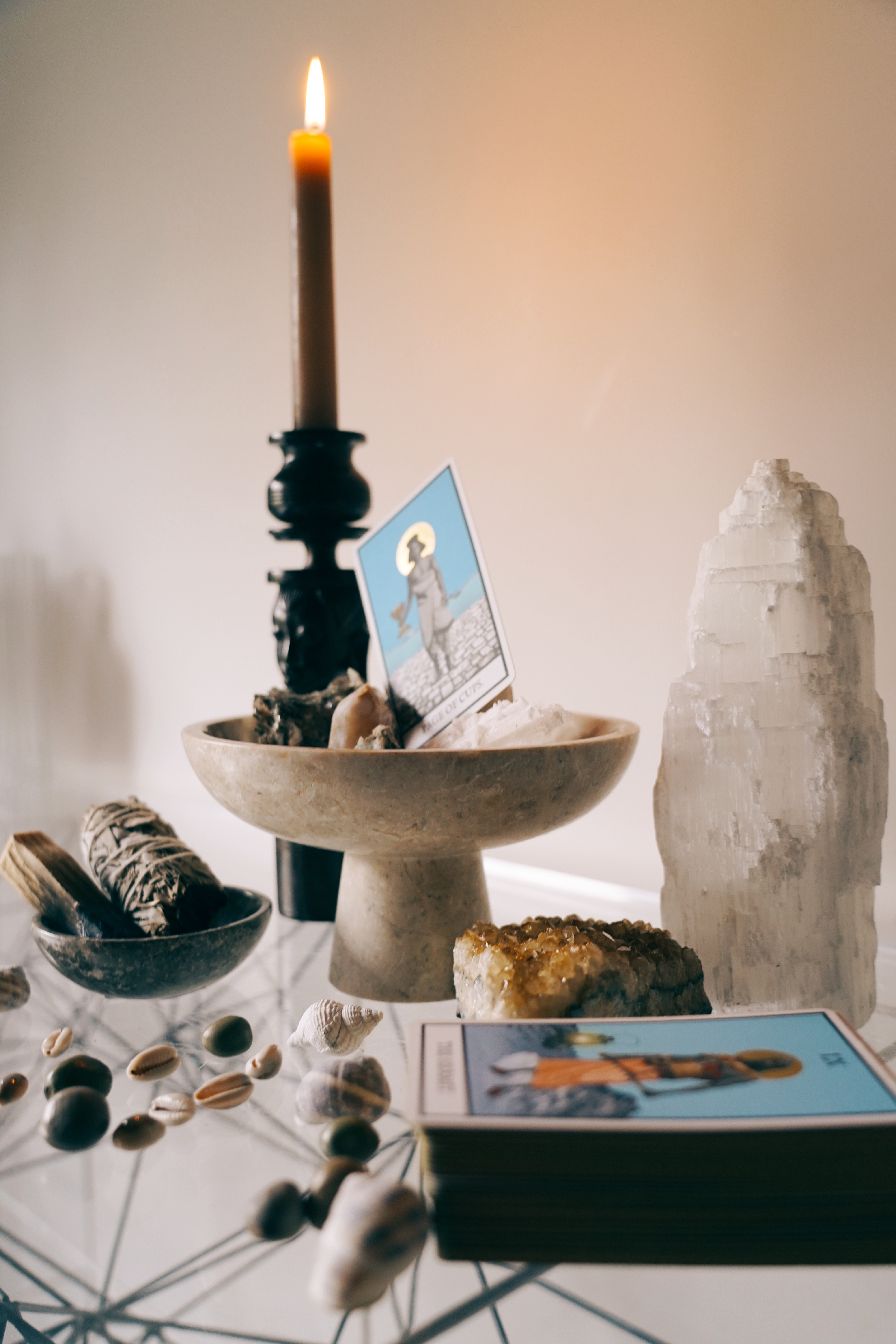
What does calling to you mean?
People that work in the field speak about the medicine starting to show up in your periphery somehow. For me mushrooms started growing in my backyard and I was dreaming about them. I started researching psilocybin, and the trials at John Hopkins came up. That was the catalyst that took me on a tangent of reading about their trials for depression. Next thing you know, I ordered a kit, grew my own, and basically started to experiment on myself. I've since packed up my old life as a creative entrepreneur to pursue my MSc in Transpersonal Psychology and the Psychedelic Practitioner Training at The Synthesis Institute.
Is medicine part of your lineage?
I’ve come to realize that I am actually from a lineage of traditional healers that I didn't even know about. My great great grandmother worked with Iboga, which is a psychedelic that grows in Gabon, West Africa. Unearthing aspects of my intergenerational history has enabled me to come full circle and accept that I was being called to healing work the whole time.
Do you think psychedelic practitioners need to be licensed therapists?
I think we need to break away from this very hierarchical way of looking at the world - you've received a certification in this, so therefore you are more able to practice. A lot of therapists come from rigorous training where you have to adhere to very rigid guidelines from a diagnostic manual that is focused primarily on pathologizing people. These medicines work in a really radical way - they're wanting you to bend that rigidity - so there's a lot of unlearning that therapists have to do. The other question that is arising is how practiced a facilitator has to be in the medicine that they're offering? If you have very limited experience with the substance, then your space holding isn’t going to be the same as someone who has worked a lot with the medicines themselves.
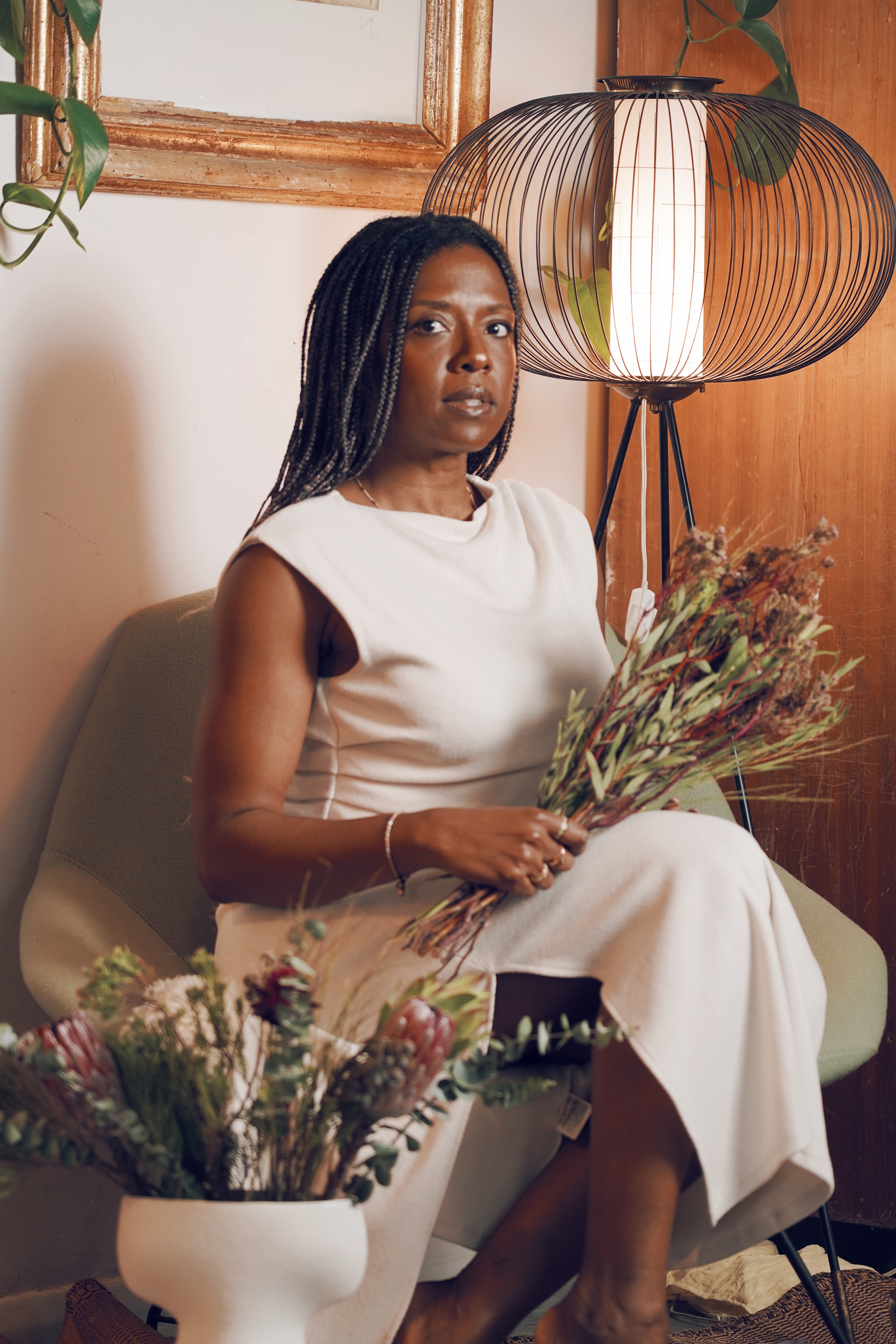
What does it mean to be a decolonized sacred medicine practitioner?
This approach is rooted in my work being guided by more of an indigenous worldview than a Eurocentric or Western one. These holistic medicines and traditions have been stewarded by indigenous cultures for millennia so it is important to include their perspectives in terms of shaping our models of working with them here in the West. Decolonized practice requires you to broaden your spectrum of thought to understand the ways in which these systems of dominance and hierarchy actually allow the cycles of trauma to repeat themselves intergenerationally for specific bodies of people. This invitation to explore other ways of knowing can be immensely beneficial for us and can actually serve us in diversifying the way that we practice and approach mental, emotional and spiritual ailments.
What does that look like with clients?
I might sit and ask you why you are being called to a specific substance. We would also explore that persons ‘illness’ or struggles from a decolonised perspective, looking at the ways their current lifestyle is contributing to their dis-ease. The individualized model of the West is isolating and almost blames the individual for being sick. Decolonized models understand that we are part of a wider ecosystem of factors that contribute to our illness, which can be immensely empowering and often provides relief and encouragement for the person seeking healing.
What can be some of the benefits of working with psychedelics?
Biologically we are programmed to recoil from pain, but healing requires we face it. Sacred medicines, as I prefer to call them, support us in finding the courage to take an objective look at our traumas in order to make peace with them and move on. The beauty about these medicines is that they have the capacity to help us reconnect to lost parts of ourselves. Reclaiming these ‘lost’ aspects of ourselves can look like stepping into a fuller, more expanded version of who we really are or getting back in touch with talents or gifts we’ve denied.
What is the difference between wellness and healing?
I see wellness as maintanance, which is nessesary in our busy modern lives. It involves doing things to help us cope but not necessarily disrupting the status quo of our lives. Healing is a more intentional process of peeling back layers, addressing our wounds, and facing our shadow aspects. We are often more capable of contributing harm onto others, our planet and ourselves when we are disconnected and disembodied, You show up differently in the world when you are on a healing journey.
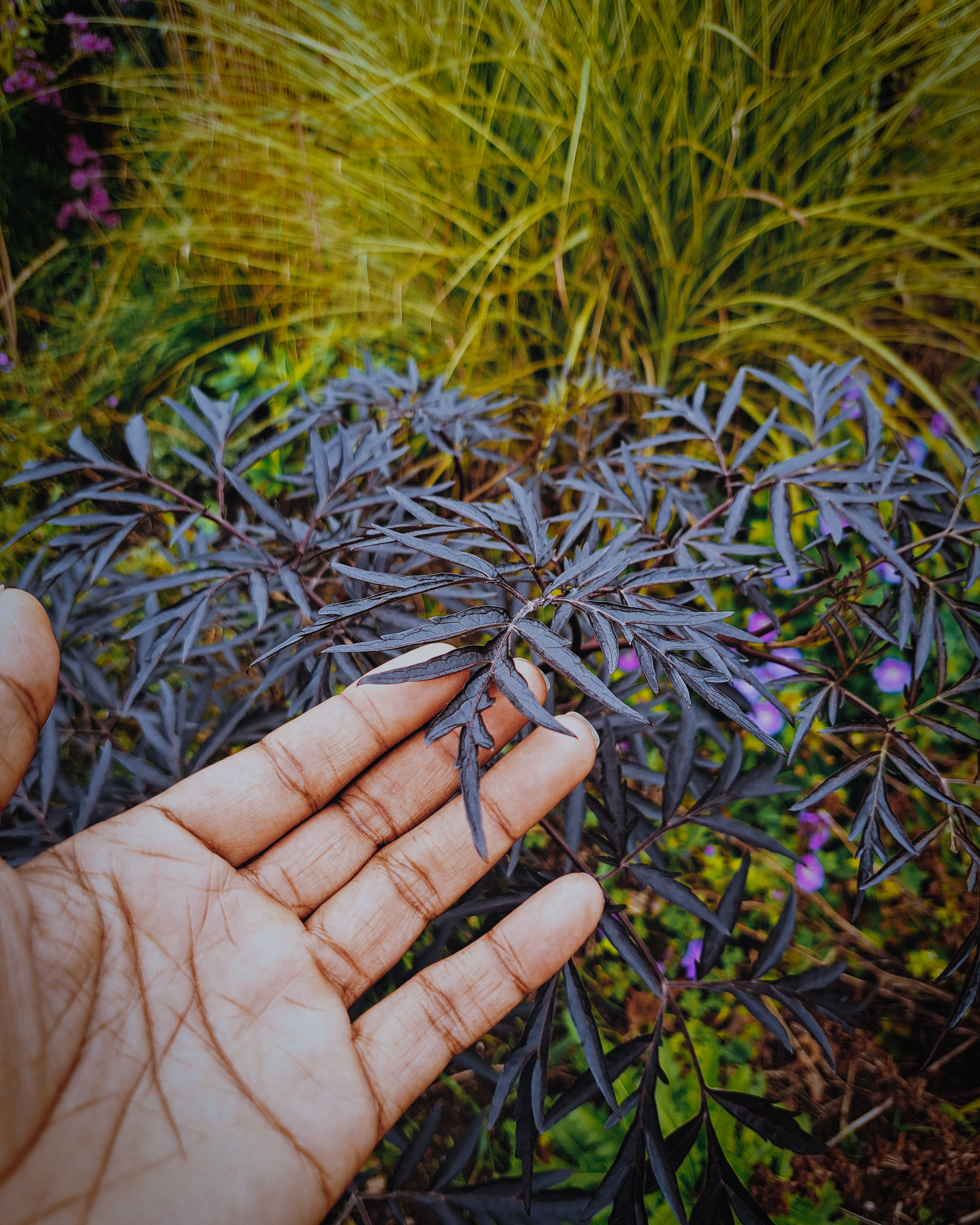
What retreats are you offering?
I offer solo, couple and small group retreats for up to 6 people. These consist of three weeks preparation, a five day retreat held in a nature-immersed location, and include two mushroom ceremonies and then three weeks of integration and after-care. I am about to launch a one-on-one ceremony service where I would accompany clients on a journey to legal settings within Europe, such as Amsterdam or Portugal. This option is more financially equitable and requires less time away from home.
Are you only working with psychedelics?
I have a program called EPIC, Embodied Psycho Spiritual Integration, which is for folks that want to expand on their spiritual well-being or deepen into aspects of their healing such as shadow work integration. I am about to launch a monthly in-person healing circle for Women of Colour, which is essentially a wisdom council, where I guide women to use their intuition to assist one another in offering solutions to persistent issues.
What are some of your daily practices?
I am an avid meditator and I am very consistent with my gratitude journal. I also work with crystals, as there is a lot of science about how these minerals can support our energy systems and biological ailments. Movement is huge as there is so much energy stored in our body. I have an art practice, which involves allowing whatever form of expression wants to come out of me. One aspect I’ve not revealed so much publicly is Tarot - as I come from a long line of traditional African healers that used divination as a therapeutic aid. I’ve been cultivating my reading skills and recently offering this as a modality to support shadow work and spiritual inquiry.
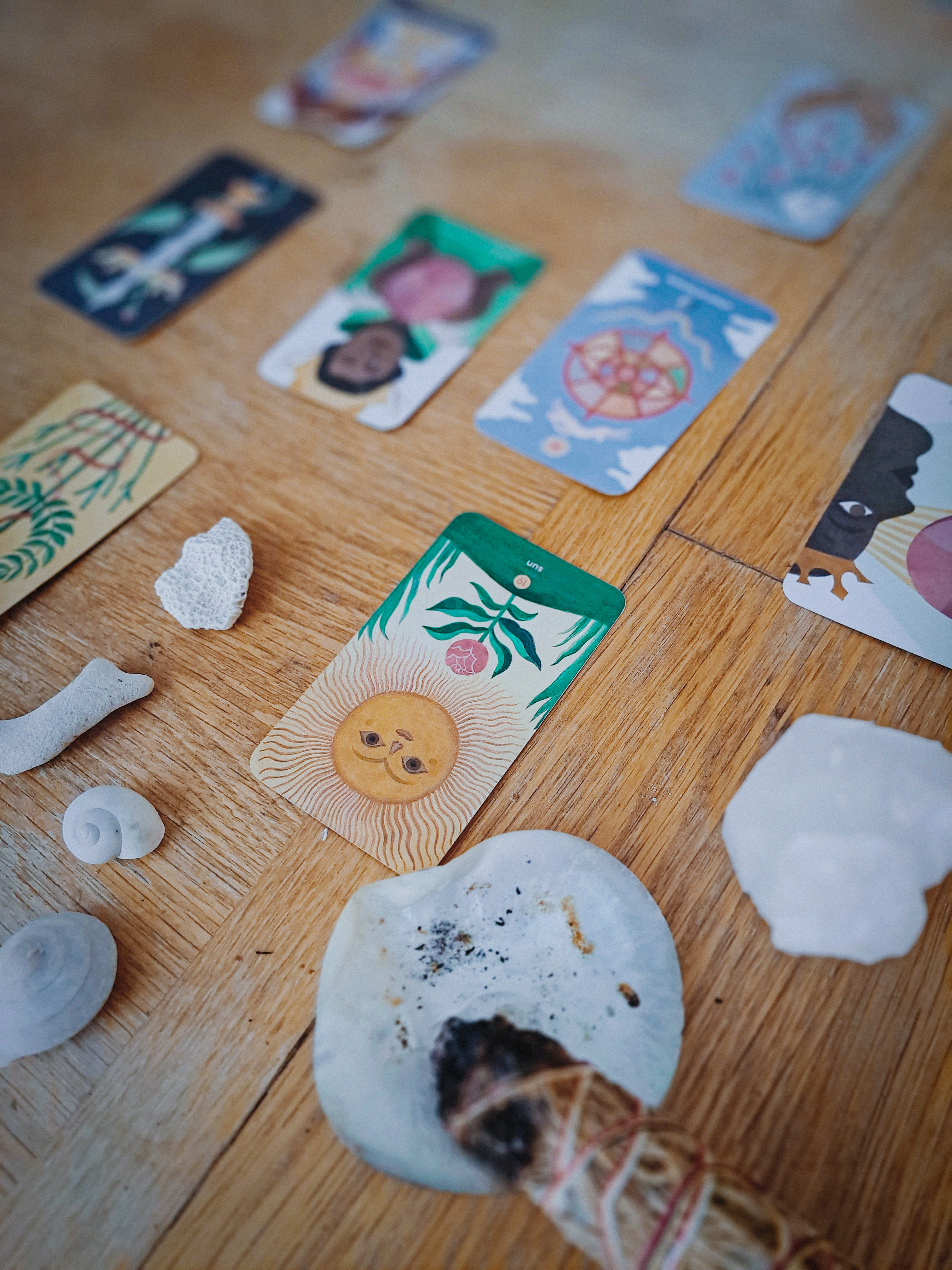
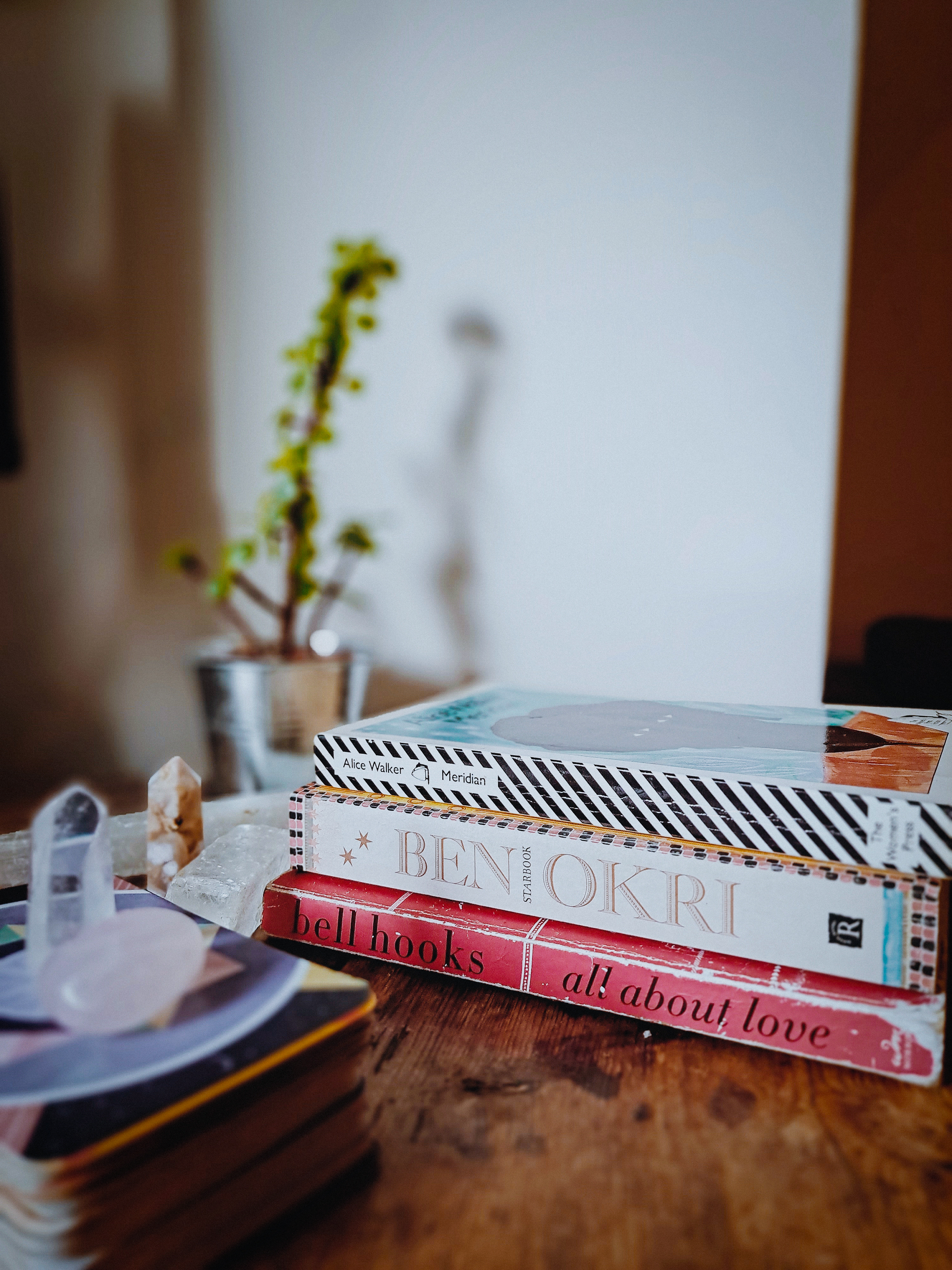
What do you keep on your altar?
I have photographs of family, my ancestors and animal kin. A gratitude, feathers, herbs, candles, memorabilia from nature, tarot/oracle cards, a journal, as well as some sort of incense, essential oils and my essential healing crystals.
What are some of your favorite books?
Of Water and the Spirit by Malidoma Patrice Some
How to Change Your Mind by Michael Pollan
What words of wisdom guide you?
It is a quote from Maya Angelou. I absolutely love her and consider her a spiritual mother and ancestor too even though we are not related. She says “You may encounter many defeats, but you must not be defeated. In fact, it may be necessary to encounter the defeats, so you can know who you are, what you can rise from, and how you can still come out of it.” If we are able to take the time to integrate after suffering adversity we alchemize our struggle into wisdom, which fuels us on our journey of life.
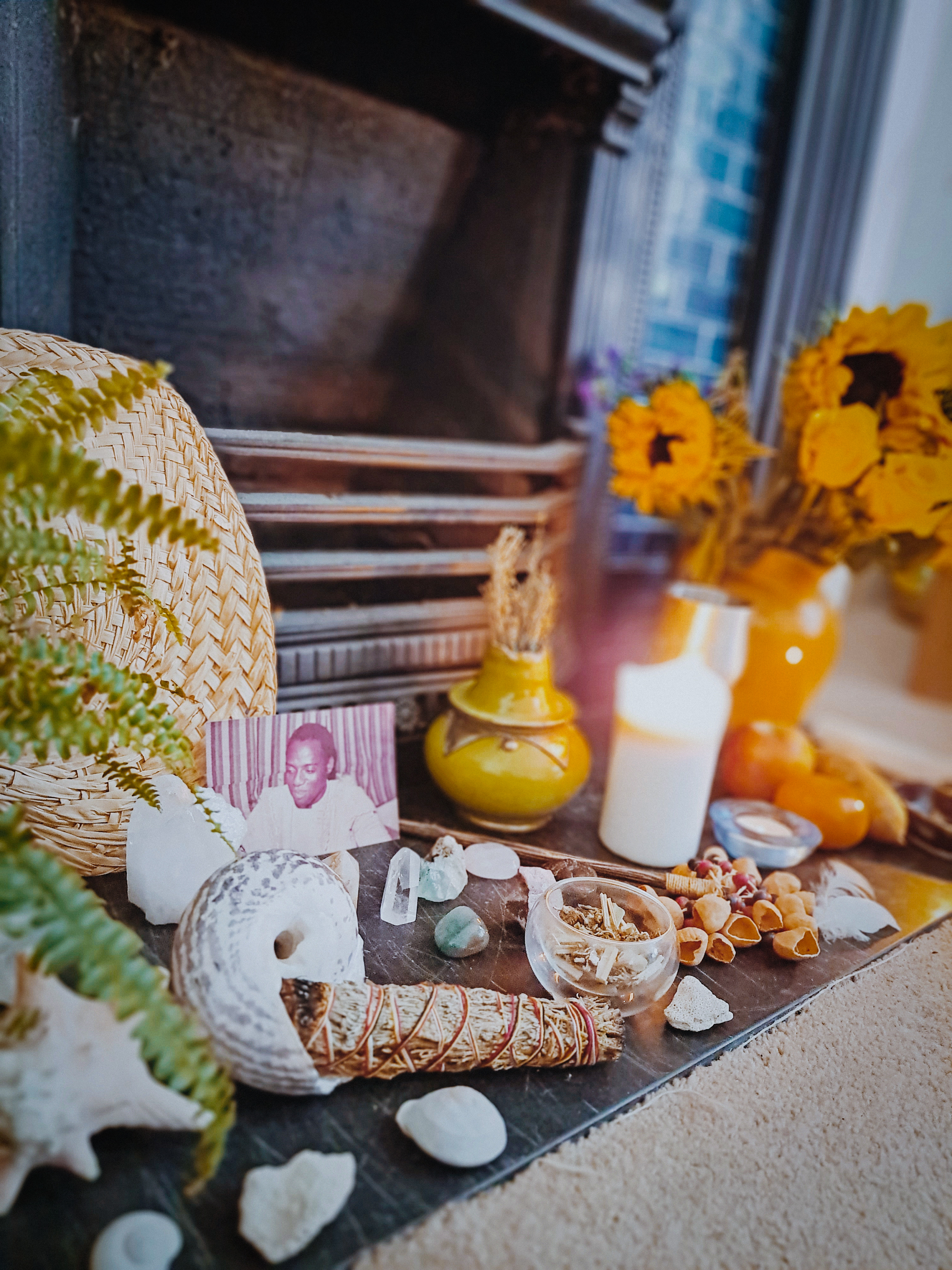
Photos by Francine Jacobs
